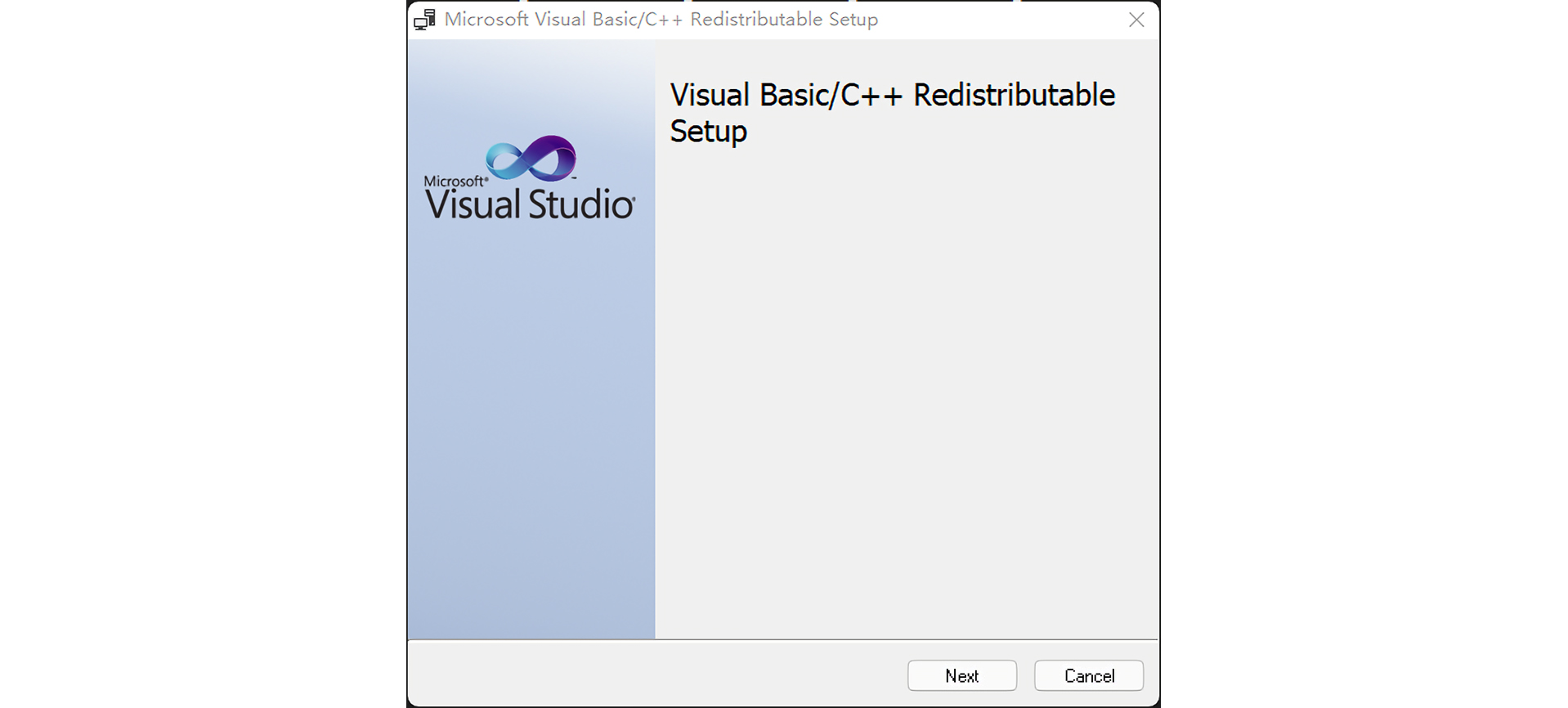在 k8s 云环境中,我们需要在容器内抓包进行 Debug, 但通常大多容器都没有安装 tcpdump 以及其他网络工具;在托管 k8s 中我们想登录 node,不是没权限就是步骤太麻烦。本文的主角nsenter正是很擅长解决这些问题,nsenter可以进入指定namespace的工具,一般用来在容器环境中进行调试。
调试容器网络
通过nsenter可以轻松在宿主机进入容器的网络命令空间,命令如下:
# 设置containerid
containerid=xxx
# 获取容器主进程
pid=$(docker inspect -f {{.State.Pid}} $containerid)
# 进入容器networker namespace
nsenter -n --target $pid
之后便可以使用宿主机各种工具tcpdump, netstat等命令
登录 k8s 节点
如果只有Apiserver权限,登录 k8s 节点也可以使用nsenter
临时登录某个节点可以使用如下脚本:
前提是需要拥有一些特殊权限
privileded,hostPID等
node=xxx
cmd='[ "nsenter", "--target", "1", "--mount", "--uts", "--ipc", "--net", "--pid", "--"]'
overrides="$(
cat <<EOT
{
"spec": {
"nodeName": "$node",
"hostPID": true,
"hostNetwork": true,
"containers": [
{
"securityContext": {
"privileged": true
},
"image": "alpine",
"name": "nsenter",
"stdin": true,
"stdinOnce": true,
"tty": true,
"command": $cmd
}
],
"tolerations": [
{
"operator": "Exists"
}
]
}
}
EOT
)"
pod="kube-nodeshell-$(env LC_ALL=C tr -dc a-z0-9 </dev/urandom | head -c 6)"
kubectl run --image=alpine --restart=Never --rm --overrides="$overrides" -it $pod
原理是通过共享 pid 方式hostPID=true,在容器中看到宿主机的所有进程,然后使用nsenter进入宿主机 1 号进程(宿主机根进程)的mount、uts、ipc、net、pid等 namespace,从而可以获取类似宿主机的 shell。
如果需要经常使用,可以部署个DaemonSet,使用时登录对应节点的 pod 即可(建议只在测试环境使用,具有一定风险)
apiVersion: apps/v1
kind: DaemonSet
metadata:
name: kube-nodehsell
labels:
app: kube-nodehsell
spec:
selector:
matchLabels:
app: kube-nodehsell
template:
metadata:
labels:
app: kube-nodehsell
spec:
tolerations:
- operator: "Exists"
containers:
- name: kube-nodehsell
image: alpine
command:
- nsenter
- --target
- "1"
- --mount
- --uts
- --ipc
- --net
- --pid
- --
- sleep
- infinity
securityContext:
privileged: true
hostIPC: true
hostPID: true
hostNetwork: true
priorityClassName: system-node-critical
本文所有文件见 kube-nodeshell:
临时容器
kubernetes 1.18 之后启用了临时容器,用户可以通过kubectl debug命令来添加临时容器到 pod,也可以登录到 node shell,一些简单的调试工作可以使用这种方法,见调试运行中的 Pod:
https://kubernetes.io/zh/docs/tasks/debug-application-cluster/debug-running-pod/
对比nsenter方法,kubectl debug通过 shell 登录节点时只是共享了pid、hostNetwork,nsenter则更灵活可以使用宿主机的相关工具以及执行特权操作。
 51工具盒子
51工具盒子





![[也优雅一波使用override] vscode扩展copilot的chat功能](https://img1.51tbox.com/static/2024-12-06/alSgAhRjxCkw.png)
